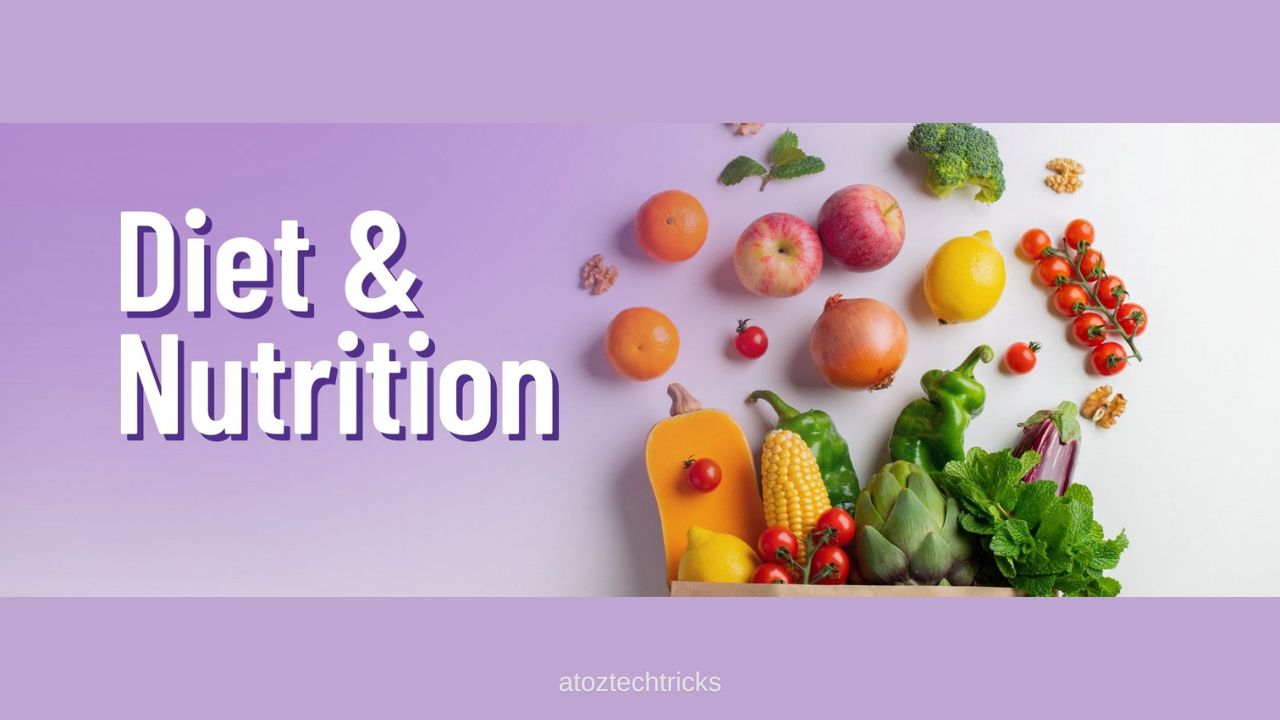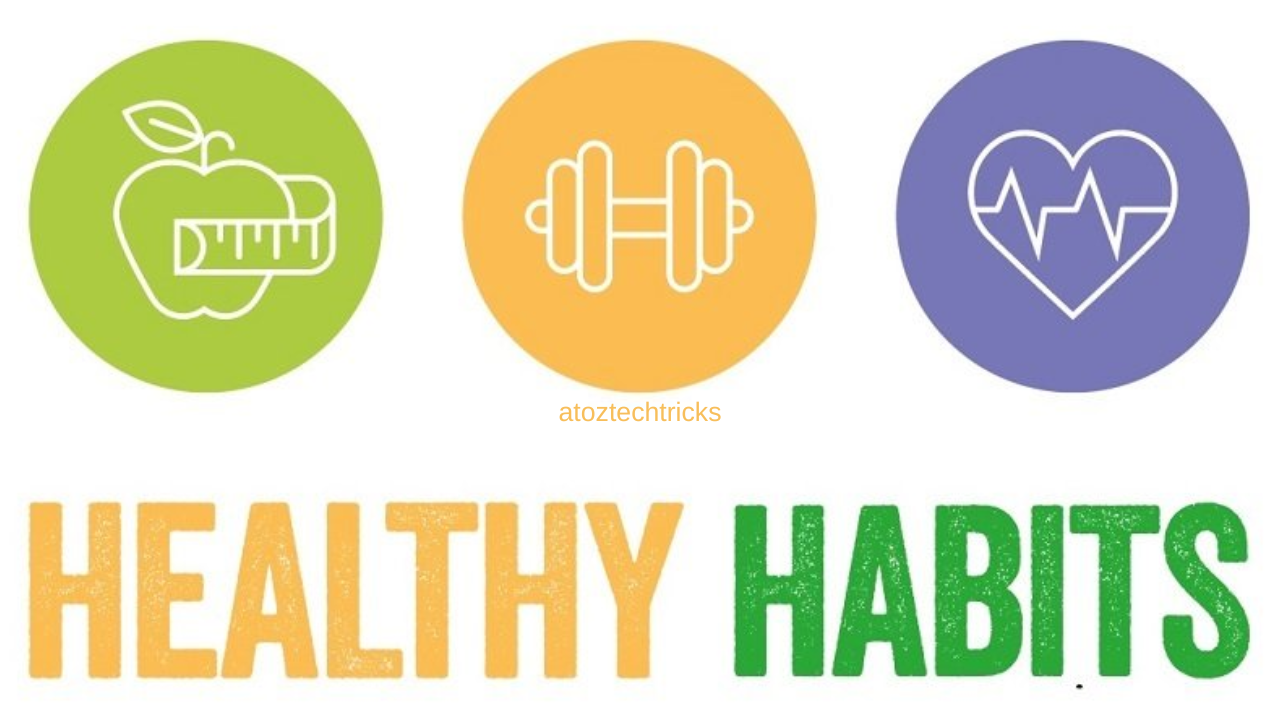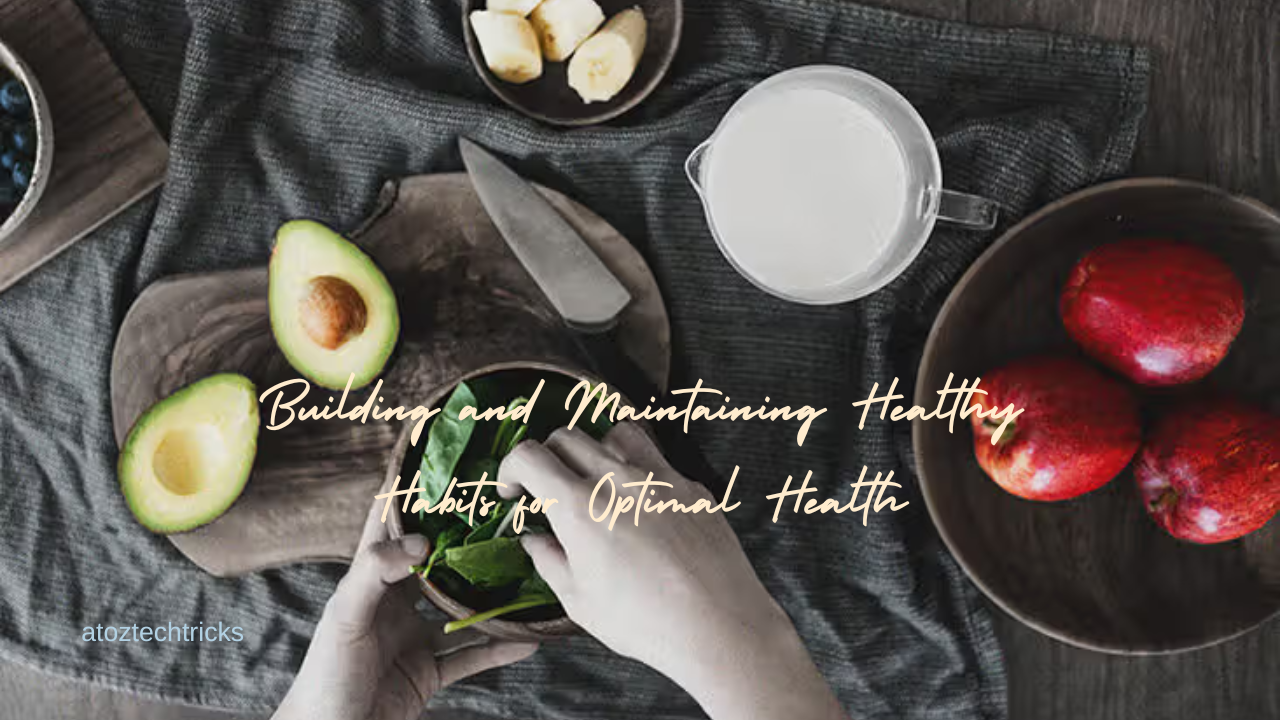Nutrition and Diet: A Comprehensive Guide to Healthy Eating
Nutrition and diet are fundamental components of maintaining a healthy lifestyle. Our dietary choices influence our overall health, energy levels, and quality of life. Understanding the principles of nutrition and diet can help us make informed choices that promote well-being and prevent chronic diseases. This comprehensive guide explores the essentials of nutrition, the benefits of various dietary approaches, and practical tips for achieving a balanced diet.
1. The Basics of Nutrition
1.1 What is Nutrition?
Nutrition refers to the intake of food and how it affects the body. It encompasses the processes of ingestion, digestion, absorption, and metabolism of nutrients. Nutrients are substances that our bodies need to function properly, and they fall into several categories:
- Macronutrients: These include carbohydrates, proteins, and fats. They provide the energy necessary for bodily functions and are required in larger amounts.
- Micronutrients: These are vitamins and minerals needed in smaller amounts but are crucial for various physiological processes.
- Water: Often overlooked, water is essential for maintaining hydration and supporting metabolic processes.
1.2 Macronutrients
- Carbohydrates: Carbs are the body’s primary source of energy. They are found in foods like fruits, vegetables, grains, and legumes. Carbohydrates are classified into simple (sugars) and complex (starches and fibre) forms. Complex carbs are preferred as they provide sustained energy and aid in digestive health.
- Proteins: Proteins are vital for the growth, repair, and maintenance of tissues. They are composed of amino acids, which are the building blocks of the body. Sources of protein include meat, poultry, fish, eggs, dairy products, legumes, and nuts.
- Fats: Fats are important for energy storage, insulation, and protecting vital organs. They are categorized into saturated, unsaturated, and trans fats. Unsaturated fats (found in olive oil, avocados, and nuts) are healthier options compared to saturated and trans fats.
1.3 Micronutrients
- Vitamins: Essential for various biochemical processes, vitamins are divided into water-soluble (e.g., vitamin C, B vitamins) and fat-soluble (e.g., vitamins A, D, E, K). Each vitamin has specific roles, such as supporting immune function or aiding in cell growth.
- Minerals: Important for bone health, nerve function, and fluid balance, minerals include calcium, potassium, magnesium, and iron. They are obtained from a diverse range of foods, including fruits, vegetables, dairy products, and meats.
1.4 Water
Water is crucial for maintaining hydration, regulating body temperature, and facilitating metabolic reactions. It also helps in the elimination of waste products and supports digestion. The recommended daily intake varies based on factors such as age, sex, and physical activity levels.
2. The Importance of a Balanced Diet
2.1 What is a Balanced Diet?
A balanced diet includes a variety of foods in the right proportions to provide all essential nutrients. It typically involves:
- Fruits and Vegetables: Rich in vitamins, minerals, and fibre. Aim for a colourful variety to ensure a broad range of nutrients.
- Whole Grains: Foods like brown rice, whole wheat bread, and oats provide complex carbohydrates and fibre.
- Protein Sources: Incorporate both animal (e.g., lean meats, and fish) and plant-based (e.g., legumes, and tofu) proteins.
- Healthy Fats: Opt for unsaturated fats found in nuts, seeds, and oils, while limiting saturated and trans fats.
2.2 Benefits of a Balanced Diet
- Improved Health: Reduces the risk of chronic diseases such as heart disease, diabetes, and certain cancers.
- Enhanced Energy Levels: Provides sustained energy throughout the day by balancing nutrient intake.
- Better Digestion: Fiber-rich foods promote healthy digestion and prevent constipation.
- Optimal Weight Management: Helps maintain a healthy weight by promoting satiety and preventing overeating.
2.3 Dietary Guidelines and Recommendations
Various organizations provide dietary guidelines to help individuals make healthy food choices. For example:
- The Dietary Guidelines for Americans: Emphasizes the importance of a diverse diet, portion control, and reducing added sugars, sodium, and saturated fats.
- The MyPlate Model: Visual representation of a balanced plate, dividing it into sections for fruits, vegetables, grains, and proteins.
Support Systems for Those with Chronic Illnesses: A Comprehensive Guide
3. Dietary Approaches and Trends
3.1 Mediterranean Diet
The Mediterranean diet emphasizes whole foods such as fruits, vegetables, whole grains, nuts, and olive oil. It includes moderate amounts of fish and poultry and limited red meat. This diet is associated with numerous health benefits, including improved heart health and reduced risk of chronic diseases.
3.2 Plant-Based Diet
A plant-based diet focuses on foods derived from plants, including vegetables, fruits, nuts, seeds, and legumes. While it excludes or limits animal products, it provides ample fibre, vitamins, and antioxidants. Plant-based diets are linked to lower rates of heart disease, high blood pressure, and certain cancers.
3.3 Low-Carb and Keto Diets
Low-carb diets restrict carbohydrate intake to promote fat metabolism. The ketogenic (keto) diet is a type of low-carb diet that emphasizes high-fat intake to induce ketosis, where the body burns fat for energy. These diets may aid in weight loss and improved blood sugar control but may not be suitable for everyone.
3.4 Intermittent Fasting
Intermittent fasting involves cycling between eating and fasting periods. Common methods include the 16/8 approach (16 hours of fasting and an 8-hour eating window) and the 5:2 method (eating normally for 5 days and restricting calories for 2 days). This approach may help with weight management and metabolic health.

4. Practical Tips for Healthy Eating
4.1 Meal Planning and Preparation
- Plan Ahead: Create weekly meal plans to ensure balanced nutrition and reduce the likelihood of unhealthy food choices.
- Prepare Meals: Cook in batches and store meals for convenience. This helps maintain portion control and reduces reliance on fast food.
4.2 Portion Control
- Understand Serving Sizes: Familiarize yourself with standard serving sizes to avoid overeating.
- Use Smaller Plates: Using smaller plates can help with portion control and prevent excessive calorie intake.
4.3 Mindful Eating
- Eat Slowly: Take time to chew and savour each bite, which can help with digestion and prevent overeating.
- Listen to Your Body: Pay attention to hunger and fullness cues to avoid eating out of boredom or emotional triggers.
4.4 Staying Hydrated
- Drink Water: Aim for adequate water intake throughout the day. Carry a reusable water bottle to stay hydrated.
- Limit Sugary Beverages: Reduce consumption of sugary drinks and opt for water, herbal teas, or infused waters for hydration.
5. Special Dietary Considerations
5.1 Allergies and Intolerances
- Food Allergies: Common allergens include peanuts, shellfish, and dairy. Be aware of potential allergens in foods and read labels carefully.
- Lactose Intolerance: Individuals with lactose intolerance may need to choose lactose-free dairy products or alternatives like almond milk.
5.2 Age-Related Nutritional Needs
- Children and Adolescents: Require adequate nutrients for growth and development, including calcium, iron, and vitamins.
- Pregnant and Breastfeeding Women: Have increased nutritional needs for fetal development and milk production. Focus on folic acid, iron, and calcium.
- Older Adults: May need more protein and specific nutrients like vitamin D and calcium to support bone health and muscle mass.
6. Addressing Common Dietary Myths
6.1 Myth: All Fats Are Bad
Not all fats are harmful. Unsaturated fats, found in avocados, nuts, and olive oil, are beneficial for heart health. It’s important to distinguish between healthy fats and unhealthy trans fats.
6.2 Myth: Carbohydrates Cause Weight Gain
Carbohydrates are a necessary part of a balanced diet. Focus on complex carbs, such as whole grains and vegetables, rather than refined sugars and processed foods.
6.3 Myth: Supplements Can Replace a Balanced Diet
While supplements can help fill gaps, they cannot replace the benefits of whole foods. A varied diet provides a broader range of nutrients and health benefits.
Nutrition and diet play a crucial role in maintaining overall health and well-being. By understanding the basics of nutrition, embracing a balanced diet, and being aware of dietary trends and practical tips, individuals can make informed choices that support their health goals. Whether adopting a specific dietary approach or simply striving for a balanced diet, the key is to make sustainable, health-conscious decisions that enhance quality of life and prevent chronic diseases.
Incorporating these principles into daily life can lead to improved energy levels, better digestion, and a reduced risk of chronic health issues. Remember, the journey to a healthier diet is ongoing, and small, consistent changes can make a significant impact over time.





Post Comment